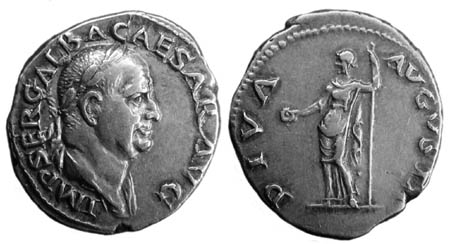THE TWELVE CAESARS
ACTA ACCLA, February 2007
Servius Sulpicius GALBA
3 BCE – 69 CE
Emperor June 68 - January 69
Text by Bob Effler
Thus stated the Roman historian Tacitus, in drawing just a few of his conclusions regarding the life of Servius Sulpicius Galba, Rome's sixth emperor. An observation that one can draw of the performance of this short-reigned ruler, is one where all of the practical qualifications to govern were in place. Yet blunders by both the man and the system, leave Galba, by and large, an unwritten page in the long history of the Roman Empire, in terms of what might have been.
Galba's life spanned portions of all of the reigns of the emperors of the Julio-Claudian dynasty. As a servant of the state from an old and noble patrician family himself, he was present at the Roman court, as a witness to the triumphs and excesses of each emperor. He was held in great esteem by Augustus, Tiberius, Caligula, and Claudius. He was successful in making his way in the service of these potentates. His affinity for discipline and cruelty caused him to assimilate well into that environment. Even the Senate and the Praetorian Guard thought highly of him, his great personal wealth perhaps being a tool by which he could influence needed friends. This bespeaks of his ability to not only survive in a predatory political environment, but also indicates he contributed to it as well, as one of the players.
Galba saw the initial waning of his political fortunes at court and in his province of Spain, of which he was governor, only during the reign of Nero. Expecting the worst from Nero, whose disfavor he had unfortunately garnered, he was surprised to discover in June 68 CE, that he had had been chosen by the Senate as a suitable heir to the Julio-Claudian house, whose lineage had finally ended after nearly a century of rule with the suicide of the childless Nero. The Senate chose Galba in part because there was no other suitable Roman with sufficient political status to rule as a successor to the Julio-Claudians.
From this seemingly positive advancement in political fortune, Galba’s prospects steadily declined. After promising reward in the form of donatives to the Guard, he later reneged on these. Upon entering Rome in October of 68, he encouraged a mood of fear and conspiracy within the city by ordering summary arrests and executions of influential Romans. He accepted poor advice from friends, which caused this to further develop into a loathing for him as a leader without integrity and wisdom. Also, in his well-meaning attempt to restore the finances of the state, which had been so thoroughly disrupted by Neronian spendthrift spending, he suspended 90% of all expected donatives promised to many citizens by the late Nero. His final blunder came with his display of overt disrespect for the influence of the powerful legions to the north and east of Rome. Spoken sentiments such as "I choose my soldiers. I do not buy them" would accomplish nothing but continued disaffection. This sealed his fate and resulted in conspiracy, which ultimately led to his murder in January 69.
Galba’s brief reign is notable, however, for several reasons. First, he was the first emperor to gain the purple, who was not a descendant of Julius Caesar. As a new 'Caesar' he adopted the cognomen of Julius, to add legitimacy to his own authority. This was a practice that was to be maintained by all future emperors. Additionally, he was the first emperor to attempt adoption of a non-blood heir, as his successor. Finally, he attempted to reverse the effects of Nero's debasement of the Roman currency's keystone, the hallowed denarius, to the purity levels which prevailed in the days of the Republic and of Augustus. His wisdom and experience as a participant in an imperial system of government were extensive. But the progressive demands a relatively new imperial system needed, ended up being for too much for a septuagenarian official to overcome.
Footnotes
[ 1 ] Tacitus - The Histories (Wellesley Translation)
Bibliography
Burnett, A., Amandry, M., and Ripolles, P. P. (1998) Roman Provincial Coinage, Volume I, British Museum Press.
Butcher, K. (2004) Coinage in Roman Syria, Royal Numismatic Society.
Harl, K. W. (1996) Coinage in the Roman Economy, The Johns Hopkins University Press.
SUGGESTED WEB RESOURCES ON GALBA
Galba on De Imperatoribus Romanis
Galba on Wikipedia
Suetonius, The Lives of the Caesars - The Life of Galba (English)
Suetonius, De Vita Caesarum - GALBA (Latin)
Tacitus, Historiae - The Histories (Latin & Church and Brodribb Translation)
Tacitus - The Histories (Wellesley Translation)


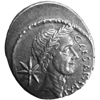 Julius Caesar
Julius Caesar Augustus
Augustus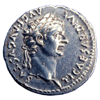 Tiberius
Tiberius Caligula
Caligula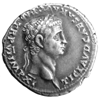 Claudius
Claudius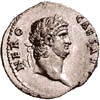 Nero
Nero Galba
Galba Otho
Otho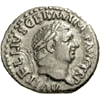 Vitellius
Vitellius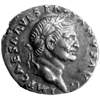 Vespasian
Vespasian Titus
Titus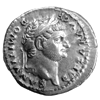 Domitian
Domitian